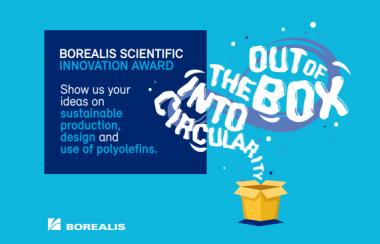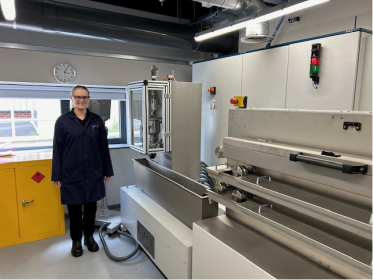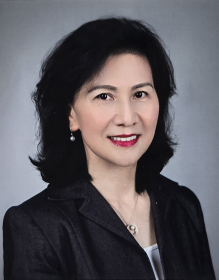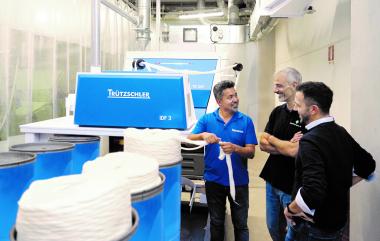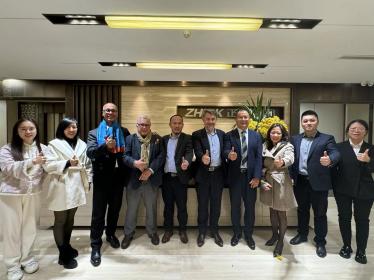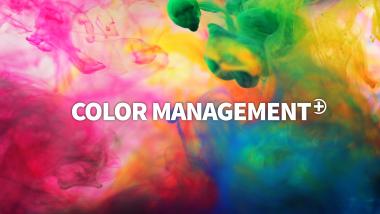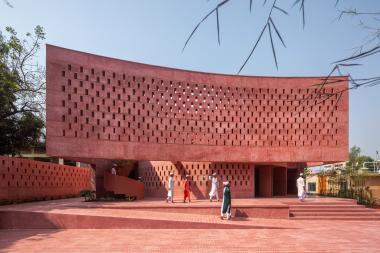Gold EcoVadis sustainability rating for Archroma
Archroma has been awarded a Gold rating by EcoVadis, the global rating agency for sustainability performance.
This consolidates Archroma’s position among the top 5% of the more than 130,000 companies from 180 countries and 220 industries assessed by EcoVadis against stringent criteria covering environmental performance, ethics, labor and human rights, and sustainable procurement.
“Archroma has a clear sustainability strategy that guides all of our efforts to develop and deliver innovative solutions that enhance people’s lives. This is encapsulated in the ambitious environmental operations targets we have just announced for 2030,” Mark Garrett, Group CEO, Archroma, said. “Our enduring goal is to lead our industry towards a more sustainable future. By engaging with platforms like EcoVadis, we strengthen our commitment to partnership and transparency while retaining our focus on consumers and the environment.”
It extends to Archroma’s own operational targets. From 2023 to 2030, Archroma will work to reduce water intensity by 40%, energy intensity by 15% and waste intensity by 10%, with zero hazardous waste to landfill. It will also aim for an ambitious 20% reduction in absolute Scope 1 greenhouse gas (GHG) emissions from its own plants and processes and a 40% reduction in absolute Scope 2 indirect GHG emissions from the energy it consumes.







